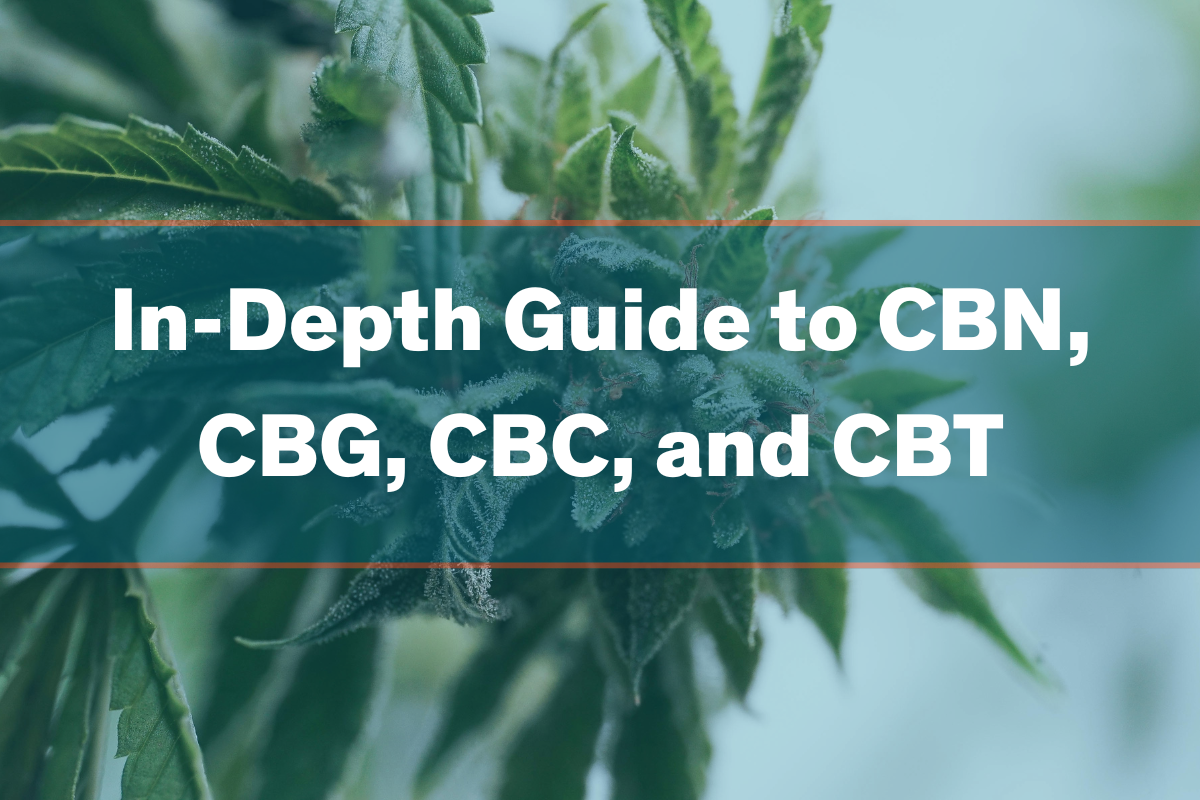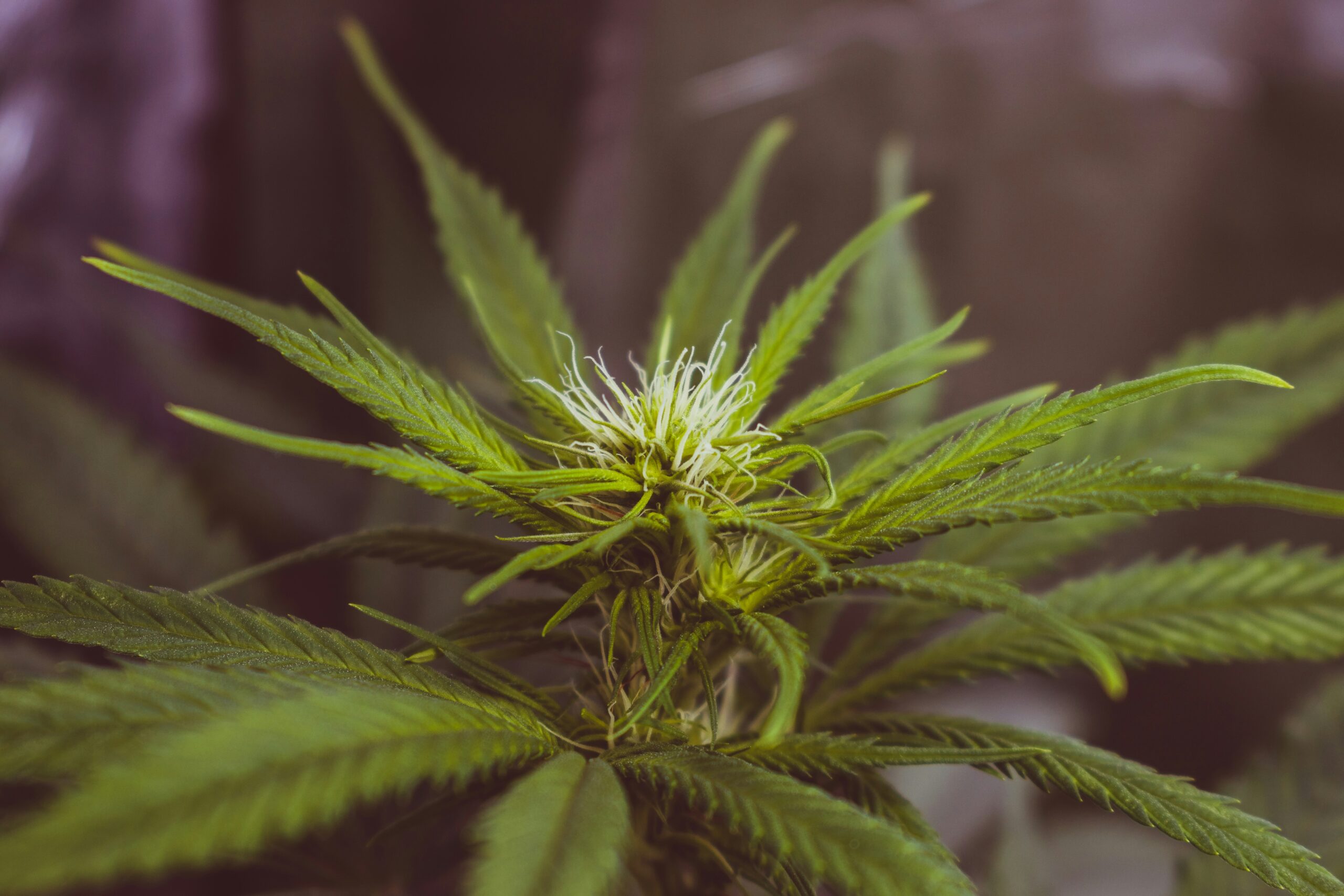Sunny California has been known as the spearhead of the cannabis movement since the late 1990s. Things may have taken a more-regulated turn recently, but nothing has changed about California’s ideal cultivation climate and hemp-friendly culture.
As any honest Californian will tell you, taxation and property value will likely be your biggest concerns when setting up shop in the Golden State. That’s outside the scope of our guide, however — below, we’ll simply outline the steps you should follow to secure licensing and efficiently position your new business within California’s bustling cannabis economy.
California cannabinoid legality overview
– In 1996, California voters passed Proposition 215¹, legalizing medical cannabis within certain parameters
– This was followed by Bill 420 in 2003², which expanded the state’s legal cannabis program
– These bills mainly pertained to intoxicating cannabis, however, leaving little provision for hemp
– The 2014 and 2018 Farm Bills legalized hemp cultivation nationwide
– California state law mainly stays within this framework, requiring that hemp cultivators report to counties but not directly to the state
– Hemp cultivation licensing in California is handled by county offices but subject to state government jurisdiction
– Fees, for instance, are standard, but each county has a different application process
– California has very different rules for cultivating hemp and “marijuana”
– Generally, California adheres to the federally backed definition of THC as “marijuana” and other cannabinoids as “hemp”
– A gray area is encountered, however, with “THC-alternative” cannabinoids like THCA and delta 8
Which cannabinoids can I sell in California?
Instead of enacting provisions for specific cannabinoids, California generally reverts to the federal government’s position on cannabinoid law — that delta-9 tetrahydrocannabinol is the federally illicit Schedule I drug “marijuana” but that most (if not all) other cannabinoids are “industrial hemp,” a new regulatory category originally carved out by the 2018 Farm Bill.
California entrepreneurs are, therefore, unlikely to run afoul of local authorities by selling products containing popular hemp cannabinoids like CBD, CBN, and CBG. The situation becomes more tense the closer you get to THC, though.
This is the case elsewhere in the country as well, but entrepreneurs in California are especially advised to steer clear of intoxicating, THC-alternative cannabinoids to avoid stepping on the toes of local authorities. Space has been very meticulously cleared in California for adult-use cannabis dispensaries to operate with upstart delta 8 sellers often learning unfortunate lessons³.
It’s understandable if the situation seems illogical at first. As the first state to “legalize weed,” after all, why would California have a problem with people selling intoxicating cannabinoids within its borders?
The key phrase is “regulation.” California wants to make sure it has its hand on all cannabis transactions to ensure designated taxation and safety protocols take place. THC-similar cannabinoids like delta 8 both threaten adult-use cannabis revenue and introduce unregulated products into the market.
Is it legal to grow hemp in California?
Due to the 2018 Farm Bill, it is legal to grow hemp everywhere in the USA. California has not enacted any measures contradicting this federal law, so hemp cultivation is, therefore, legal in California.
As is the case nationwide, California hemp cultivation is regulated. Aspiring cultivators must submit appropriate licensing fees and forms to their local county offices, which then provide approval based on state guidelines. In a nutshell, it’s illegal to simply sprinkle hemp seeds in your backyard and start growing, but California is willing to accommodate would-be hemp growers through an approved regulatory process.
Do you need a license to sell hemp in California?
Yes, it is necessary to acquire a license if you want to either sell or produce hemp in California. It is important to note that this restriction does not apply to finished product manufacturers who use extracts made by other producers. You just need licensing if you intend to cultivate hemp or use it for extraction within California’s borders.
How to get a California hemp license
The California Department of Food and Agriculture (CDFA) maintains a comprehensive database of the information and forms you’ll need on its California Industrial Hemp Program (CIHP) website⁴. If you feel confident that you’re ready to begin the application process, however, you can go ahead and contact your local county offices.
Generally, finding the appropriate page is as simple as performing a web search for “hemp permit [your county].” If you have trouble finding the relevant forms or contact information for your county, contact the CDFA for assistance.
How much is a California hemp permit?
California requires that hemp cultivators pay $900 per year for an annual hemp cultivation permit. In addition, many countries impose their own fees, often in the order of $100-300 per year. Overall, you should expect to spend more than $1,000 per year on hemp cultivation licensing in California — assuming your application is approved.
Is California a good climate for growing hemp?
California is undeniably one of the best climates in the world for growing hemp or any other crop. Especially in the arable central regions of the state, crop cultivation of all kinds excels. Being a reasonably hardy plant, hemp can also grow in the colder northern regions and hotter southern regions of the state, but more attention will need to be paid to environmental conditions.
The reputation California has rightfully gained as an excellent state for agriculture means there is considerable competition for farmland. In addition, unwanted contaminants can migrate from neighboring farms, making it ideal to source already-extracted cannabinoid concentrates from sustainable or organic farms operating in other regions.
How to start a cannabinoid business in California
Starting a hemp business in California requires a significant series of steps:
1. First, you’ll need to find an appropriate plot of land for cultivation and processing
2. Considerations include improvements, maintenance, and property taxes
3. It will also be necessary to secure employees, navigating California’s labor laws
4. Then, apply for a hemp cultivation license through your local county office
5. If approved, you will then be allowed to sell hemp cultivated on your property
6. You will also be shielded from state law enforcement action as long as your operation remains within acceptable parameters
7. Once you have a finished product, you will need to find customers
To summarize, real estate, agriculture, manufacturing, and marketing are all skills you’ll need to use when establishing a hemp business in California (or elsewhere)
Why you should work with a white labeler
Given the relatively laborious nature of starting a hemp business in California, it’s only natural to consider other options. Hemp private labelers can take many of the most difficult components of operating a hemp business off your hands, providing a steady flow of cannabinoid extracts or even finished products with no need to operate vast tracts of farmland or massive warehouses.
In California, the pressure of government bureaucracy is greater than perhaps anywhere else in the country. It is especially beneficial, therefore, to California hemp businesses to outsource production to neighboring states. Even companies located as close as Oregon have much more leeway in their production processes while maintaining a standard of quality that even California’s storied excellence could not exceed.
Summary: Should I launch a cannabinoid business in California?
No matter what anyone may say, California remains the land of opportunity. More successful brands and companies have launched in California than any other state, and even its most fervent detractors must admit that California seems to naturally breed ingenuity and progress.
So, it’s certainly not a bad idea to launch a hemp business in California. It’s simply worth recognizing from the outset that the state’s current economic outlook and regulatory climate make it difficult to handle every single step of the process on home soil.
Hemp is just cheaper to grow and process in neighboring states like Oregon, for instance — which is why all the best hemp companies are located there. If California were to adopt more pro-business policies in the hemp space, the situation could be reversed. For now, though, we say this:
– Start a hemp business in California to gain direct access to the largest base of informed customers in the world;
– But outsource as much of the process as you can to avoid excessive tax and regulatory burdens.
California cannabinoid business FAQ
Fill out your dossier on California hemp regulations and economics in the following FAQ section:
1. How do I get a hemp license in California?
In California, hemp licenses are acquired through your local county office, not directly through the state. In the state-issued application, it is required that you demonstrate both the means and knowledge required to run a hemp operation.
A $900 fee must also be paid on a yearly basis, initially to receive licensing and then every 12 months thereafter to remain licensed. California county offices also impose their own fees, often in the order of $200 per year.
Once a completed application has been provided along with full fee payment, you will receive licensing to grow hemp in California — assuming your application is approved. If you have any questions about your hemp cultivation application after it is submitted, contact your local county office, not the California state government.
2. Can you grow hemp in your backyard in California?
No, it is illegal to simply begin growing hemp on your property in California without first acquiring proper licensing from the state government. During this licensing process, you must demonstrate that you have an adequate space for growing and processing hemp on a commercial scale — for most Californians, a backyard just won’t cut it.
3. Do you need a license to sell CBD in California?
No, it is not necessary to acquire licensing to sell CBD products in California. Licensing is only required if you intend to cultivate, process, and then sell CBD in the state. Counties and municipalities within California, though, may have imposed registration or taxation schemes on CBD sales. Check with your local chamber of commerce for more details.
4. Where can I find the California hemp permit form?
The form used to apply for a hemp cultivation permit in California is provided online on the CDFA website. Click here to be taken directly to the downloadable PDF form. While the same form is used statewide, individual California counties each have their own application processes. Visit your county’s webpage on hemp cultivation to learn more.
5. How do I get a San Diego county hemp license?
Everything you need to acquire a hemp cultivation license in San Diego county is available on the county’s Agricultural/Weights and Measures website. On this page, you can find links to all applicable forms as well as detailed educational information pertaining to hemp cultivation specifically in San Diego county.
Sources
1. CA Secretary of State – Vote96 – Text of Proposition 215. (n.d.). https://vigarchive.sos.ca.gov/1996/general/pamphlet/215text.htm
2. Vasconcellos. (n.d.). SB 420 Senate Bill – CHAPTERED. http://www.leginfo.ca.gov/pub/03-04/bill/sen/sb_0401-0450/sb_420_bill_20031012_chaptered.html
3. Lombardo, D. (n.d.). Delta-8 seller busted in Ocean Beach. San Diego Reader. https://www.sandiegoreader.com/news/2022/feb/11/stringers-delta-8-seller-busted-ocean-beach/
4. California Department of Food and Agriculture. (n.d.). CDFA – Plant – Industrial Hemp. https://www.cdfa.ca.gov/plant/industrialhemp/






